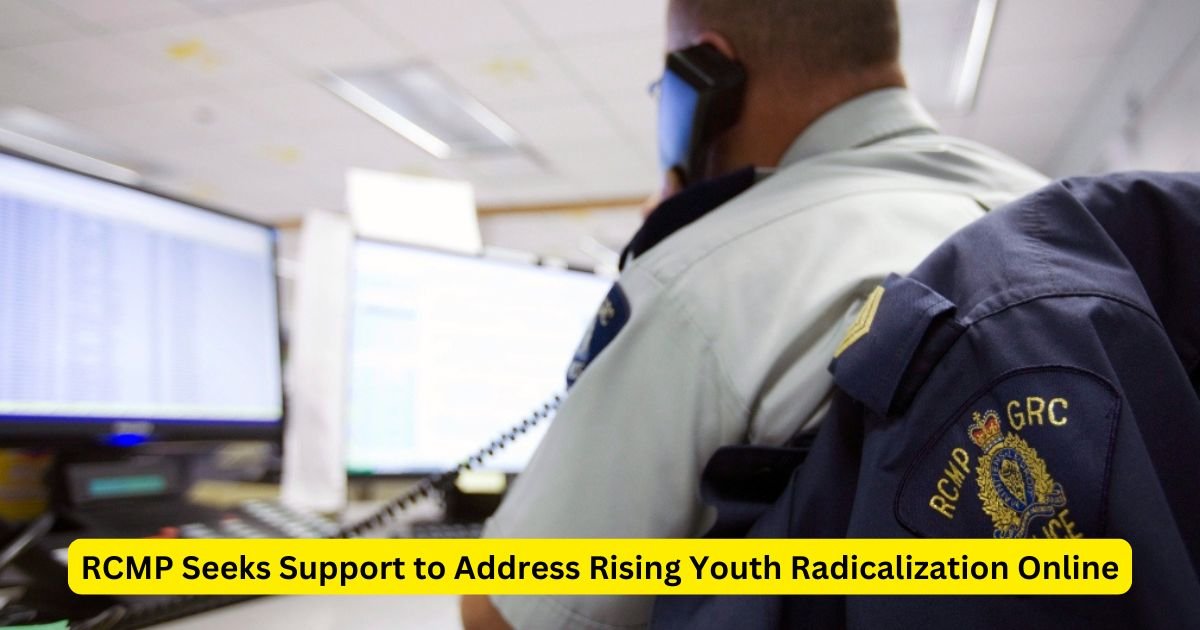Twenty years ago, RCMP Supt. Jean-Guy Isaya’s school outreach efforts focused on drug awareness. Today, the conversation has shifted dramatically toward addressing violent extremism among youth.
“Young people and minors now pose threats comparable to adults,” said Isaya, a member of the RCMP’s national security team. “This troubling trend is persistent and shows no signs of receding.”
To address this growing concern, the RCMP and Canadian Security Intelligence Service, alongside other members of the Five Eyes intelligence alliance — Canada, Australia, New Zealand, the United Kingdom, and the United States — released a report earlier this month. The report highlights the increasing susceptibility of minors to online radicalization and aims to spur action from governments, educators, health-care professionals, and social services.
Online platforms such as Discord, TikTok, Instagram, and gaming sites like Roblox have become hotspots for extremist recruiters targeting children as young as 12. These platforms often expose youth to ideologies ranging from religious fundamentalism to white supremacy.
The call for action comes as law enforcement has already intervened in several cases. In Ottawa, a 15-year-old boy was charged last year with plotting a terrorist attack against Jewish people, with a co-conspirator also facing charges. More recently, a youth from the Greater Toronto Area was accused of ties to a terrorist group.
David O’Brien, director of mental health at Yorktown Family Services in Toronto, is on the front lines of this issue. His clinic’s Estimated Time of Arrival (ETA) program was established in 2020 to address the surge in youth radicalization, particularly following the pandemic when many young people spent increased time online.
O’Brien described the rise in radicalized youth as “significant and worrisome,” noting that grievances among these individuals often evolve but commonly involve neo-Nazi, antisemitic, anti-Muslim, and anti-democratic ideologies. Underlying factors like depression, anxiety, PTSD, and exposure to domestic violence are frequently observed among those seeking help.
Some youth self-radicalize, while others are actively recruited into online spaces that present as supportive but instead propagate hate. O’Brien’s team counters this by fostering relationships and addressing the root causes of radicalization.
“We often exclude these youth by expelling them or involving law enforcement. What they need is inclusion and understanding,” O’Brien said. Of the 250 clients served by the ETA program, roughly 30% were planning attacks when they entered. Remarkably, only one individual has been arrested after participating in the program.
Despite its success, the program faces an uncertain future. Supported by Public Safety Canada’s Community Resilience Fund, its funding is set to expire at the end of the year, jeopardizing its ability to handle high-risk cases.
The Five Eyes report emphasizes the need for a “whole-of-society response,” urging collaboration among parents, teachers, mental health professionals, and community services to address youth radicalization before law enforcement becomes involved.
“By the time police are notified, it’s often too late,” Isaya warned. Stable funding and broader training initiatives are critical to reversing this alarming trend and providing young people with the support they need to disengage from violent ideologies.
Read More News:
Lethbridge Police Investigate Second Sudden Death in Less Than a Week
